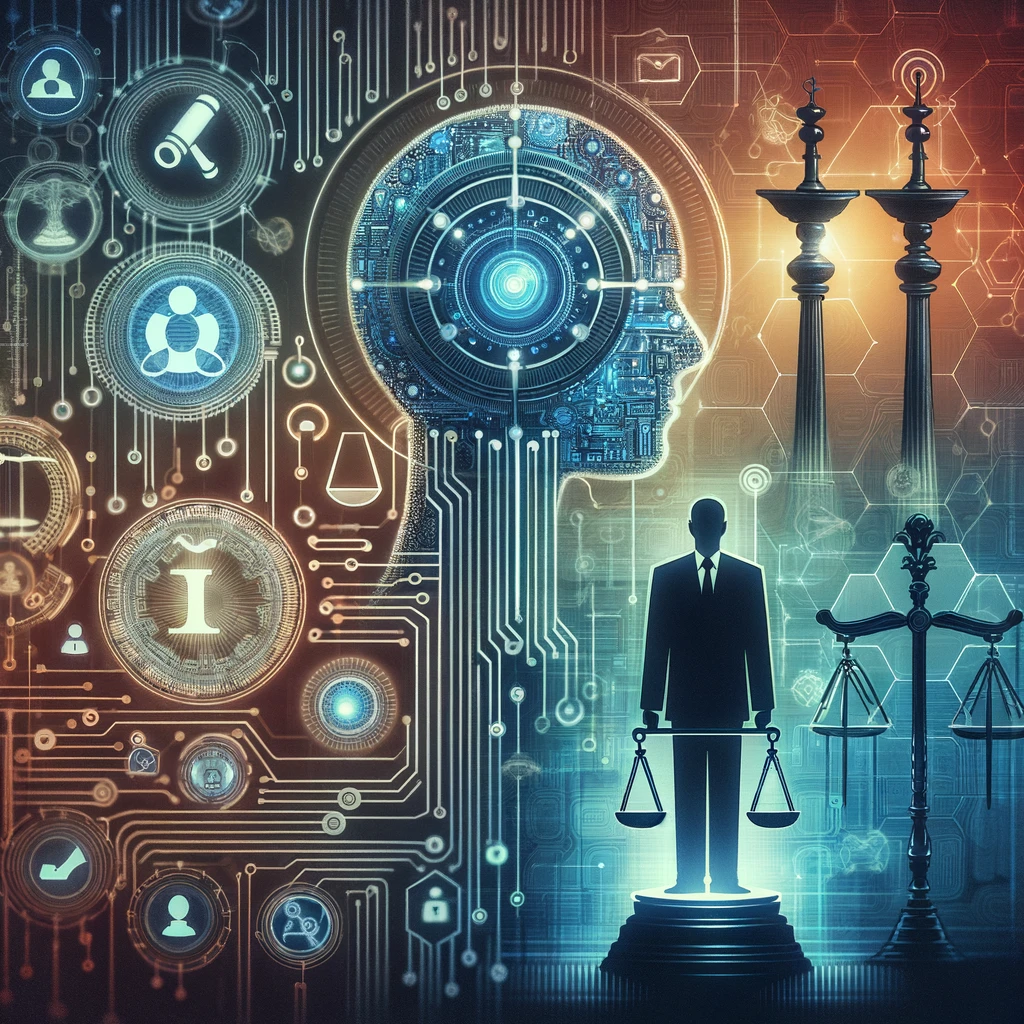The Rise of AI in Online Dispute Resolution: Enhancing Efficiency and Access to Justice
Artificial intelligence (AI) has been making waves in the legal industry, particularly in the field of online dispute resolution (ODR). ODR is a method of resolving disputes through the use of technology, such as through online platforms and video conferencing, instead of using traditional in-person methods. With the rise of AI, ODR has become even more efficient and accessible, providing a faster and more cost-effective way to resolve disputes.
One of the main benefits of AI in ODR is its ability to analyze large amounts of data and identify patterns and trends. This allows for more accurate and efficient decision-making, as well as the ability to predict potential outcomes. AI can also assist in the drafting of legal documents and contracts, saving time and reducing the risk of human error.
Another advantage of AI in ODR is its ability to provide personalized solutions for each dispute. By analyzing the specific details of a case, AI can offer tailored recommendations and solutions, taking into account the unique circumstances of each party involved. This not only enhances the efficiency of the dispute resolution process, but also increases the
likelihood of achieving a fair and satisfactory outcome for all parties involved.
The integration of AI into ODR platforms can significantly improve access to justice, particularly for individuals and small businesses who may not have the resources to engage in traditional legal proceedings. AI-powered ODR platforms can lower the barriers to entry, making legal assistance more affordable and accessible. By automating certain processes, including contract management, discovery, and arbitration, these platforms can reduce the overall cost of dispute resolution. Additionally, AI can help in simplifying legal jargon and procedures, making the process more user-friendly and easier to navigate for those without a legal background.
The use of blockchain technology in conjunction with AI further enhances the integrity and security of online dispute resolution. Blockchain can provide a transparent and immutable record of all transactions and decisions made during the resolution process. This not only increases trust among parties but also ensures that the process is fair and transparent. Verdikta’s innovative use of AI and blockchain technology in ODR exemplifies how these technologies can be leveraged to improve efficiency, security, and accessibility in dispute resolution.
While the adoption of AI in online dispute resolution (ODR) offers numerous advantages, it also introduces unique challenges, particularly concerning bias. It’s important to recognize that, like AI systems, humans also possess biases. However, unlike AI, where biases can be identified, tuned, or controlled with updates and oversight, addressing human biases presents a more complex challenge. They are often harder to detect, control, or rectify due to their deeply ingrained and subjective nature.
In conclusion, the rise of AI in online dispute resolution is transforming the legal landscape, making dispute resolution more efficient, accessible, and fair. By leveraging AI and blockchain technology, platforms like Verdikta are at the forefront of this transformation, offering innovative solutions that address the traditional challenges of dispute resolution. As technology continues to evolve, it is clear that AI will play a crucial role in shaping the future of online dispute resolution, offering new opportunities for enhancing access to justice for everyone.
About Verdikta
Verdikta is a leading provider of online dispute resolution services, utilizing cutting-edge AI and blockchain technology to offer efficient, secure, and accessible solutions for dispute resolution. With a focus on innovation and customer satisfaction, Verdikta aims to transform the way disputes are resolved, making the process faster, more affordable, and more transparent for all parties involved.
